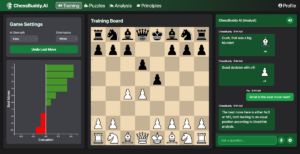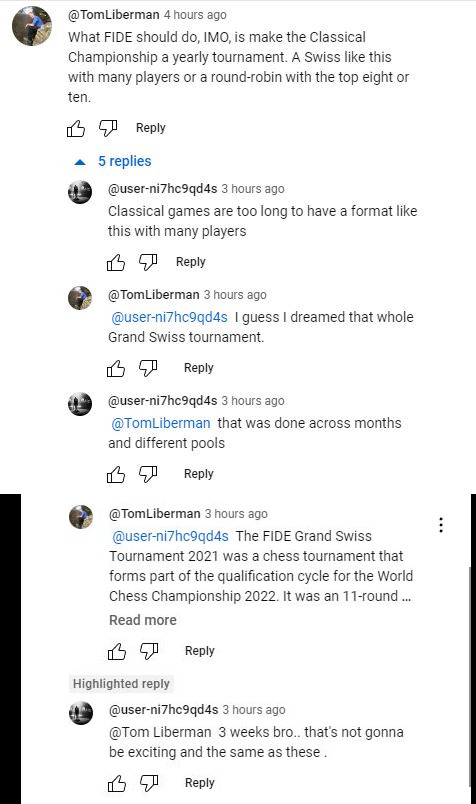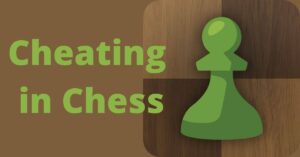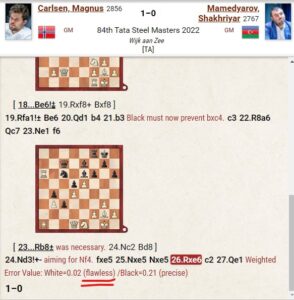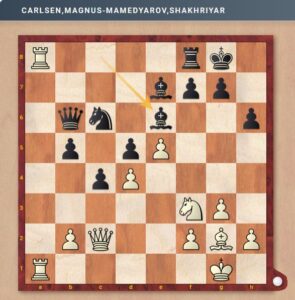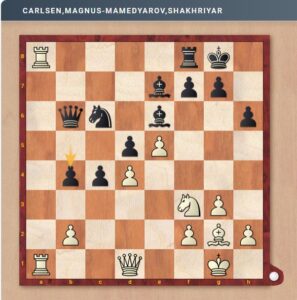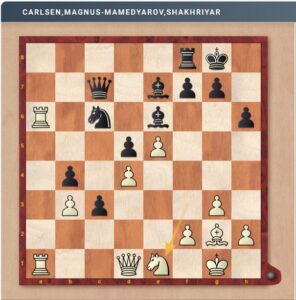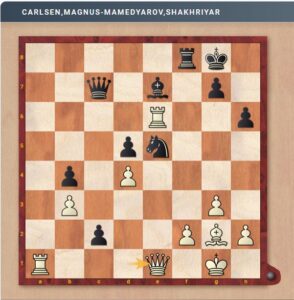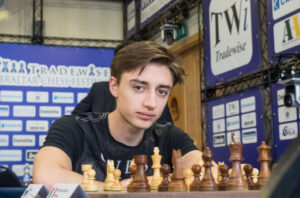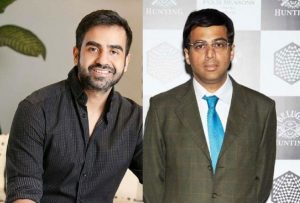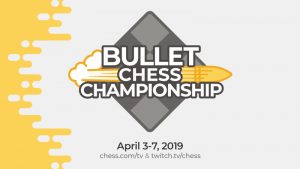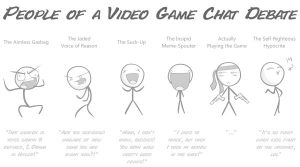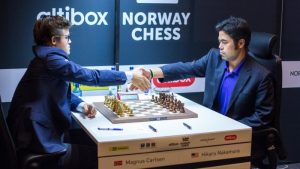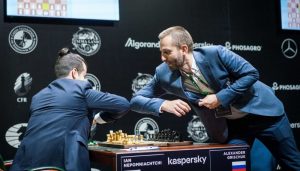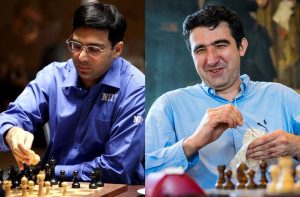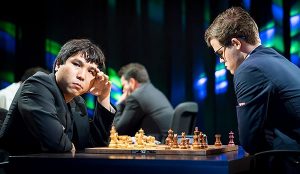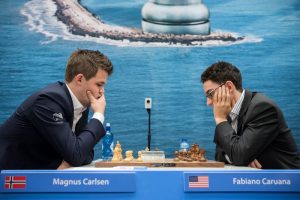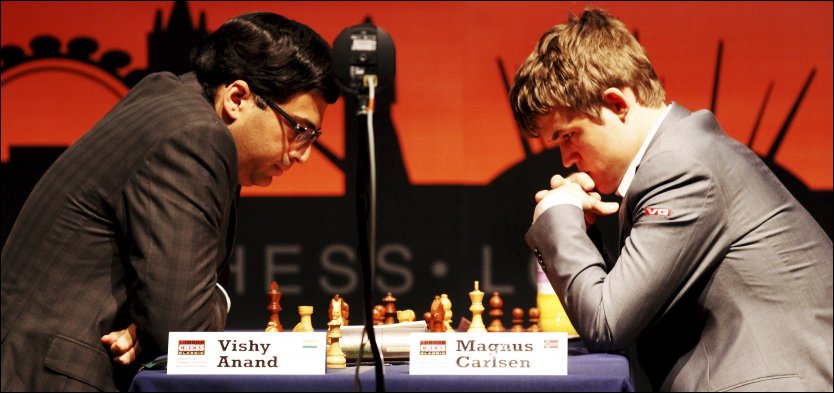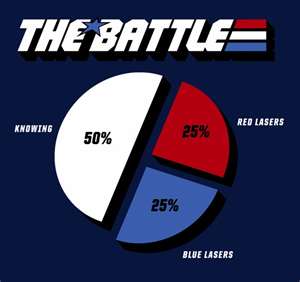I’m a chess player and I thought the difference between a Chess Engine and a Chess AI trainer a useful topic of discussion. The difference between the two is stark and to some degree a frightening vision of our future as a technology dependent society.
What is a Chess Engine
A Chess Engine is computer software that makes chess moves. Chess Engines have been around for quite a number of years and Deep Blue’s defeat of the reigning world champion Garry Kasparov was a milestone moment in computing history.
Since then, Chess Engines have only gotten more advanced and most include an Endgame Tablebase. This is a database that knows the best move to make when the board contains seven pieces or fewer. Work continues to increase the number to eight but so far, the goal remains elusive.
In any case, the point is clear that Chess Engines are better at chess than the best human players in the world. There is no credible argument against this fact.
What is a Chess AI Trainer
This is a more difficult question to answer but essentially it purports to be a tool by which you can improve your chess by asking questions of an AI entity. Why do I say purports? Basically, it doesn’t work. It’s largely useless. It gives generic platitudes like “control the center” and “threaten opponent pieces” although they often don’t make sense within the context of the question and are certainly things any chess video made by a human incorporates.
At best they do no more than a chess video or a chess book and at worst they give terrible advice. Even worse, this AI Slop can be self-training. One Chess AI Trainers provides content that the others “learn” from. Thus, they reinforce their own stupidity.
Why the Difference?
The difference between the effectiveness of the Chess Engine and the Chess AI Trainer is illustrative of why I’m not only skeptical of AI in general but seriously concerned that it presents a danger.
Chess itself is a relatively simple game. Sixty-four squares, two sides of balanced power, six different types of pieces, and stringent rules for how the pieces move and interact. Now, don’t get me wrong, it’s not a simple game. It’s incredibly difficult to master but it’s ideally suited to a computer because of this simplicity.
On the other hand, a Chess AI Trainer does not have a specific set of well-defined rules. Much like life. It can tell you that move A is better than move B and why but either in general and mostly useless terms or, if it has a Chess Engine running in the background, by spewing out a complex series of possible moves that is far beyond anyone but a top-tier player’s understanding.
My Frightening Conclusion
What’s the worst-case scenario here? That as AI proliferates, one tool trains the other tools into abject stupidity across the board. The enormous amount of slop that is spewed out overwhelms human endeavor.
We already see this happening. Product reviews, literature, artwork, feeds on social media. They are all overwhelmed by AI slop. What is real? It is generally not too difficult to discern AI slop from human created content but are we approaching a time when there is nothing but AI slop? There is no more reality? Decisions are made from nonsense?
Tom Liberman
